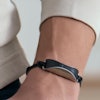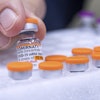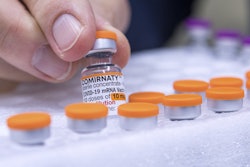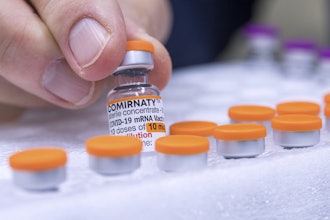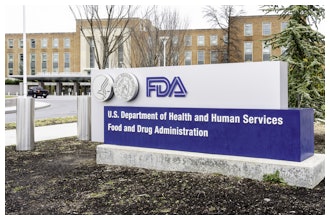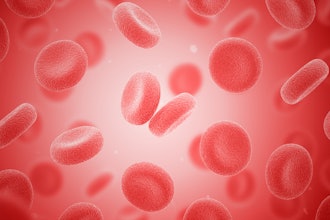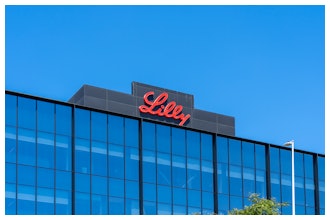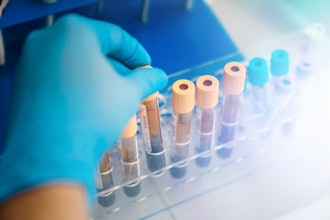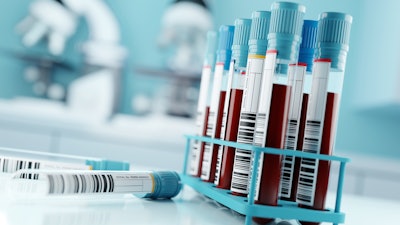
Roche today announced that its Elecsys pTau217 assay received Breakthrough Device Designation from the U.S. Food and Drug Administration (FDA). This blood test, which is being developed in collaboration with Eli Lilly and Company, will be used to help identify the presence or absence of amyloid pathology in individuals, which can help ensure they are able to receive appropriate care. This may include participation in clinical trials or access to approved disease-modifying therapies. If approved, the test could help broaden access to a more timely and accurate diagnosis and potentially mitigate the impact of Alzheimer’s disease on people and society.
“The incidence of dementia is growing worldwide, with 75 percent of cases remaining undiagnosed1. Consequently, there is a critical role for Diagnostics to play in addressing this global health challenge,” said Matt Sause, CEO of Roche Diagnostics. “We believe pTau217 is going to be crucial in the diagnosis of Alzheimer’s disease, a condition where Roche Diagnostics is committed to improving the lives of patients worldwide. We plan to leverage our installed base of diagnostic systems, which is the largest in the world, to ensure we are able to create access to this test for those who need it the most.”
“The development of the Elecsys pTau217 plasma assay is another milestone in our collaboration with Roche Diagnostics that will advance the Alzheimer’s diagnostic ecosystem,” said Anne White, executive vice president of Eli Lilly and Company, and president of Lilly Neuroscience. “We’re excited to help meet the growing need for additional diagnostic tools to enable a timely and accurate diagnosis for people with Alzheimer’s disease.”
pTau217, which is a phosphorylated fragment of the protein tau, is a biomarker that has shown the ability in research settings to distinguish Alzheimer’s disease from other neurodegenerative disorders and has shown strong performance relative to other biomarkers2.
As global leaders in Alzheimer’s innovation, Roche and Lilly hope that this collaboration can bring additional speed and scale to testing and diagnosis in this important area of unmet medical need.

